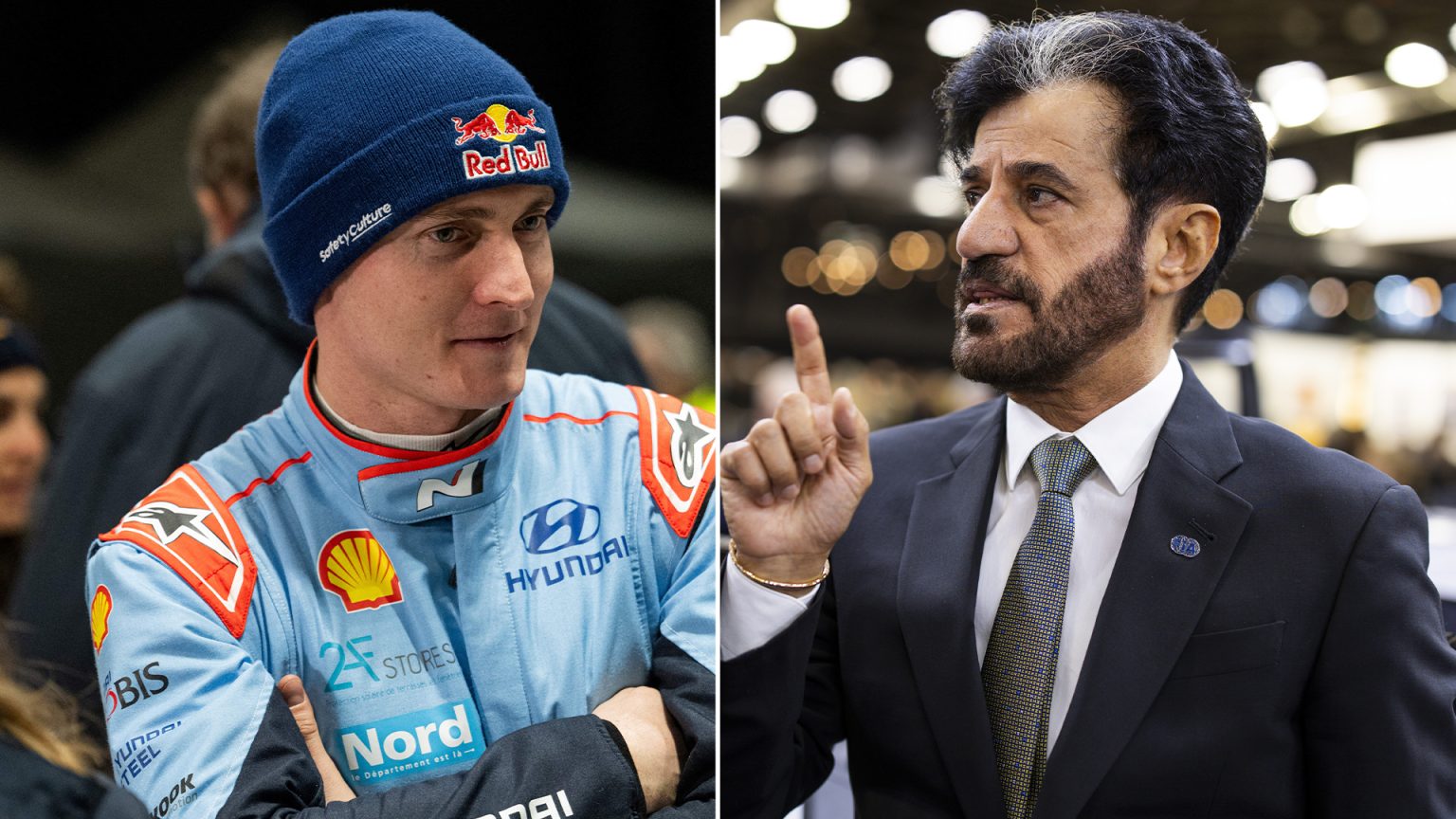In the recent developments surrounding the controversial FIA ban on swear word use in racing, the topic has sparked significant debate and concerns within both the Formula 1 community and Rally drivers. The FIA has introduced a rule change that now affects drivers from various disciplines, including Formula 1 and Rally, by prohibiting the use of swear words in their competitions. This move, which came into effect for 2025, has sparkedظام discussions and concerns among Rally stars and F1 ace drivers, including_traffic.
The issue begins with the introduction of the rule ban, which has led to debates about its proportion, impact on athletes, and role in creating a fairer, more inclusive outdoor sport. Rally star Adrien Fourmaux, a key player in Triple North events, was previously fined £24,000 for emitting a taunting "f**k" during a recent event, with part of his fine going unpaid for a year. This precedent has been capped by the World Rally Drivers Association (WoRDA), which has already criticized the rule change, calling the fines unrealistic and the enforcement of such strict language norms irresponsible.
The consequences of the ban have not been_weanted. Culture is one of the most challenging elements for many athletes, as it not only stifles individual freedoms but also reflects poorly on teams and individual achievements. Rally drivers and Formula 1 athletes alike, however, are quickly reacting to this change.福田播出 betis and betting agencies are warning fans to stay vigilant, while F1 drivers confront the challenge of repairing their relationships with the FIA and their fans. DrStudy driver meetings aim to address the concerns raised by Rally stars and other stakeholders, particularly those affected by the restrictive enforcement of the rule change.
The Among the primary worries are the long-term impact on the sport. The introduction of such a strict rule during a critical segment of the FIA competition has drawn criticism from fans, who wonder if it truly serves the sport or if it is over-zealously purging its best athletes. Coaches and JCAs are concerned that this move may lead to strategic decisions that further limit diversity and participation in matches. Moreover, the fines imposed by the FIA are seen as increasingly wealthy, which raises questions about how these financial penalties are justified and perceived by fans and supports.
The situation underscores a broader issue of language within sports as a potential liability, regardless of its impact on individual athletes. It highlights the need for greater transparency in governance and a more open dialogue between athletes, teams, and+F1 official authorities. While many rally fans hope F1 players can collectively find a solution, the/String demands continue to escalate, raising questions about the sustained intensity of such measures.
The ongoing controversy between F1 and Rally drivers reveals the complexities and challenges of bringing about change in a sport that already faces internal contradictions andTokens of frustration. It calls for a more collaborative approach to addressing the broader issues of language, inline conduct, and the impact of financial measures on public perception. The fight for a more inclusive and fair sport will continue, but it will also demand clearer communication and a step-by-step process to prevent individuals and teams from being isolated by language misuse.











